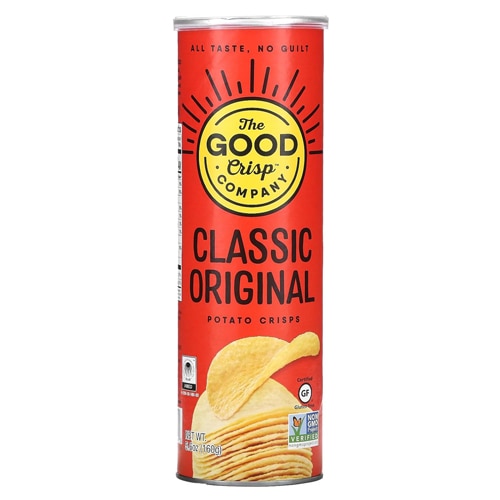Think for a moment about what your favorite “comfort food” is. Vanilla ice cream drizzled with chocolate syrup? Mashed potatoes slathered with gravy? A slice of piping-hot pizza?
While your go-to comfort food probably differs from your spouse’s or your children’s, pretty much everyone has at least one beloved item on their comfort-food menu.
But why is it that we crave comfort foods? Why does that warmed-up chocolate chip cookie or crispy piece of fried chicken bring us comfort?
“Comfort foods are so comforting because they provide psychological comfort,” certified nutritionist Brian Bender says.
Oftentimes, these foods remind us of fond memories or occasions — birthdays and holidays, for example — connected to friends or relatives, according to Bender.
What is comfort food?
An article published in 2017 in the International Journal of Gastronomy and Food Science defines comfort foods as those foods providing “consolation or a feeling of well-being,” especially emotional comfort that’s heightened by our senses of taste, touch and smell. Comfort foods are more likely to be sweet or salty than sour or bitter, the article adds. According to the article, comfort foods tend to be associated with our childhood or with home cooking, and they’re frequently prepared in a “simple or traditional style.”
Shira Gabriel, an associate professor of psychology at the University of Buffalo, says comfort foods hold particular appeal when we’re feeling lonely or rejected, and might even help combat those feelings. Research presented in 2013 at the annual meeting of the Society for the Study of Ingestive Behavior even suggests that exposure to stress in our very early childhood increases stress and anxiety in adulthood, along with consumption of comfort foods.
However, the article appearing in the International Journal of Gastronomy notes that the reasons for gobbling up comfort foods aren’t necessarily the same between women and men. Guilt, depression and loneliness are the main drivers for women, the article says, while men typically use comfort food as a “reward for success.”
But when seeking out comfort foods, for whatever reason, are we really seeing any positive effects?
Citing several studies, the article in the Journal of Gastronomy and Food Science indicates we eat comfort foods to shift our emotional state from negative to positive. A study by Gabriel and research colleague Jordan Troisi suggests that comfort foods such as chicken soup fulfill our need to “belong.”
“Comfort food seems to be something people associate very significantly with close relationships,” Troisi told Time magazine in 2015. “This probably comes about by individuals coming to associate a particular food item with members of their family, social gatherings and people taking care of them, which is why we see a lot of comfort foods [that are] traditional meals or things [consumed] at a party.”
Still, the mood-lifting properties of comfort foods might not be significant. A study published in 2014 in the American Psychological Association journal Healthy Psychology found that in tests of two groups of people, comfort foods led to “significant” mood improvement, but this improvement was not measurably different when compared with other foods or no food at all.
“Individuals may be giving comfort food ‘credit’ for mood effects that would have occurred even in the absence of the comfort food,” the study says.
Even more troubling than the questionable effects of comfort foods on our mood is the dietary effects. Bender, the nutritionist, points out that many of these foods are loaded with fat and sugar and, therefore, can be unhealthy — especially if we overindulge.
“Although comfort food will never break your heart,” Gabriel says in a news release, “it might destroy your diet.”
It’s worth noting, though, that some people identify fruits and vegetables as comfort foods, meaning not everyone’s diet is necessarily in jeopardy.
“Certainly, the clichéd notion that comfort foods tend to be calorie-dense is not always correct,” the article in the Journal of Gastronomy and Food Science says.
Bender says some of the potential dietary harm of comfort foods can be minimized by swapping unhealthy ingredients for healthier ingredients “that don’t radically change the overall taste or texture of the dining experience, and thus remove the psychological connection of that food.”
One example of a healthier option for comfort food is these no-bake, no-sugar brownies. Or how about this recipe for vegan strawberry-coconut ice cream? And what about this diet-friendly alternative to traditional mac and cheese?
Bender says his preferred comfort food is bread. However, since breads made with refined grains should be eaten in moderation, he switches to breads made with whole grains. This bumps up the fiber and nutrients, he says, yet these breads are “still delicious and comforting.”
Also, comfort can be brought about by something other than food. In a 2015 article published by The Atlantic, the University of Buffalo’s Gabriel said re-reading a favorite book or watching a favorite TV show could trigger the same soothing sense that a comfort food might. In other words, turning on the TV might enable you to turn off the desire for comfort food.




